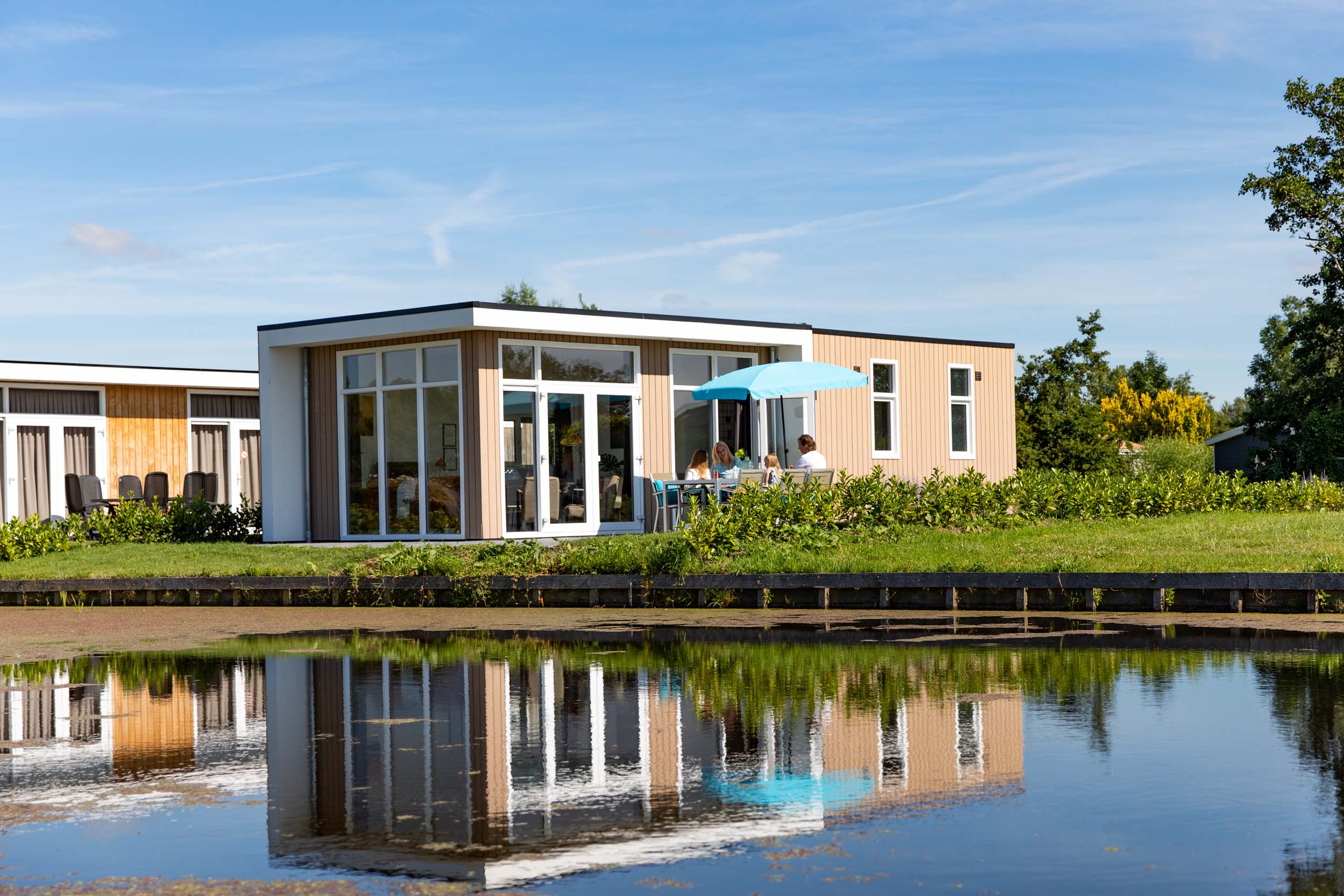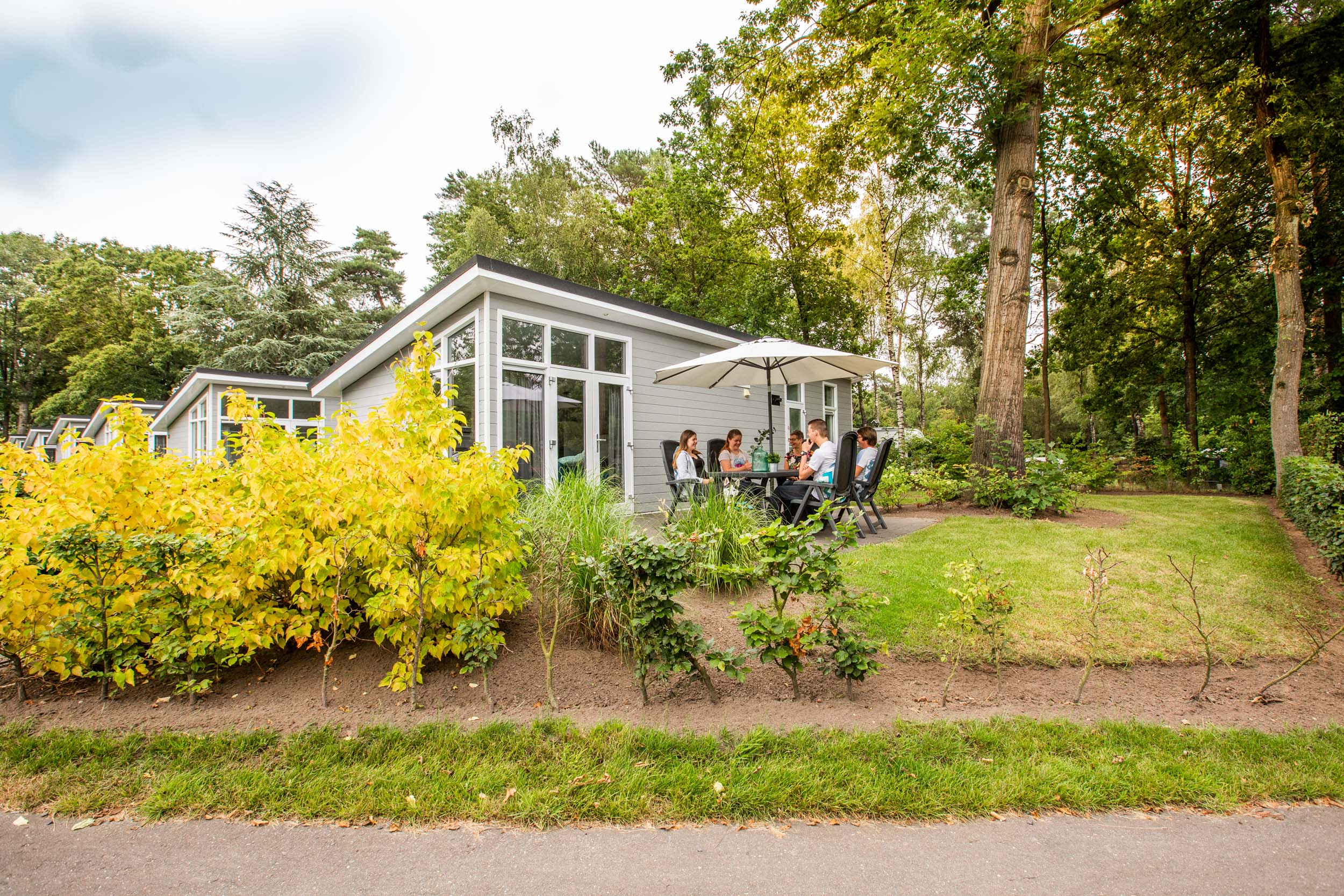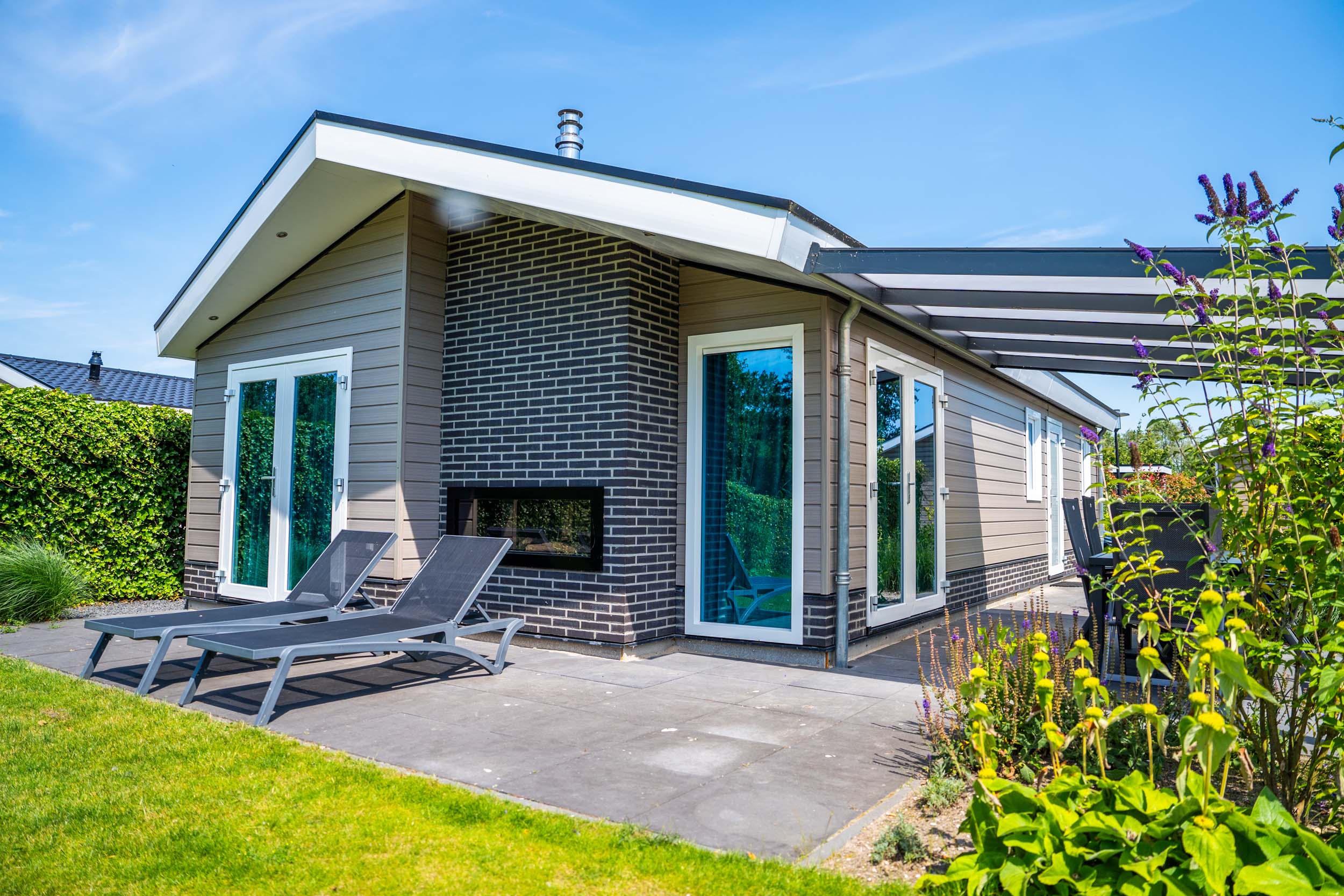More and more major Dutch banks, such as Rabobank, ING Bank and ABN Amro, are charging negative savings rates. But what exactly is that, negative savings rates? How does it affect your savings? And what is an interesting alternative to saving money at the bank? Answer these questions and more in here.
What is negative savings interest?
Savings interest is the fee the bank gives for depositing savings with them. Negative savings rate means paying to deposit savings with them. In a nutshell:
With negative savings rates, you have to pay to have your savings around the bank.
Savings balance and negative interest rate
Until December 21, 2020, Rabobank and ING had a negative savings interest rate (-0.5%) from €1,000,000 of savings, at ABN Amro it was from €2,500,000. From January 1, 2021, however, the amounts on which negative savings interest (-0.5%) is charged have been significantly reduced, below is an overview:
- Rabobank: €250,000
- ING Bank: € 250,000
- ABN Amro: € 500,000
- Triodos Bank: € 100,000
Do you have more savings in the bank than the above? Then you will not receive any interest, but you will pay 0.5% interest on your savings.
Update April 29, 2021 - Amounts of negative savings interest reduced again
A few months after January 1, Rabobank announced it will lower the amounts to €100,000 as of July 1. Earlier, ING Bank, ABN Amro and Volksbank also announced that the amounts were going down. Read the whole article here.
Negative savings rate, and now?
Negative savings rates make putting savings in the bank a lot less attractive than before. Research by the Consumers' Association shows that 23% of savers who are or will be confronted with a negative savings interest rate are considering switching to a bank that does not (yet) charge a negative savings interest rate. The same research shows that 20% of these savers want to take the money out of the bank and keep it at home, 16% leave the money in the bank and 11% choose to invest (source: consumentenbond.nl). With the returns to be achieved, the latter option is an interesting alternative to saving in the bank.
Interesting alternative
If you pay negative savings interest on your savings, it can be interesting to look for alternatives for your savings. We are happy to inform you about the possibilities and advantages of investing in a vacation home in the Netherlands.
Especially interesting now
Because of the corona virus a lot has changed within the travel industry. Due to negative travel advisories to foreign countries and closed borders, vacations at home are more popular than ever and the expectation is that this will remain so in the coming years. This makes the Dutch tourism sector strong and stable, and therefore an interesting sector to invest in.
Investing in a vacation home is therefore a safe and profitable investment. When you invest in a vacation home at TopParken, you benefit from high net returns. Due to the popularity of vacations in your own country, the average occupancy at vacation parks in the Netherlands is exceptionally high. This in turn ensures high and stable rental income.
Would you like to know more about this? Then request more information without obligation or schedule an appointment with one of our advisors.
You May Also Like
These Related Stories

Now also negative savings rates at Rabobank and ING

Amounts of negative savings rate reduced again
